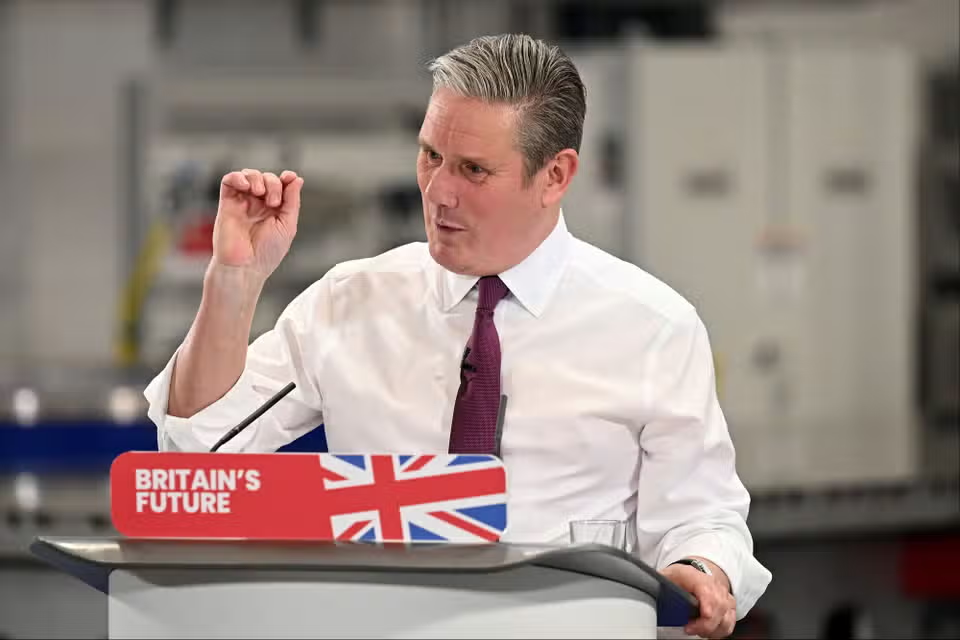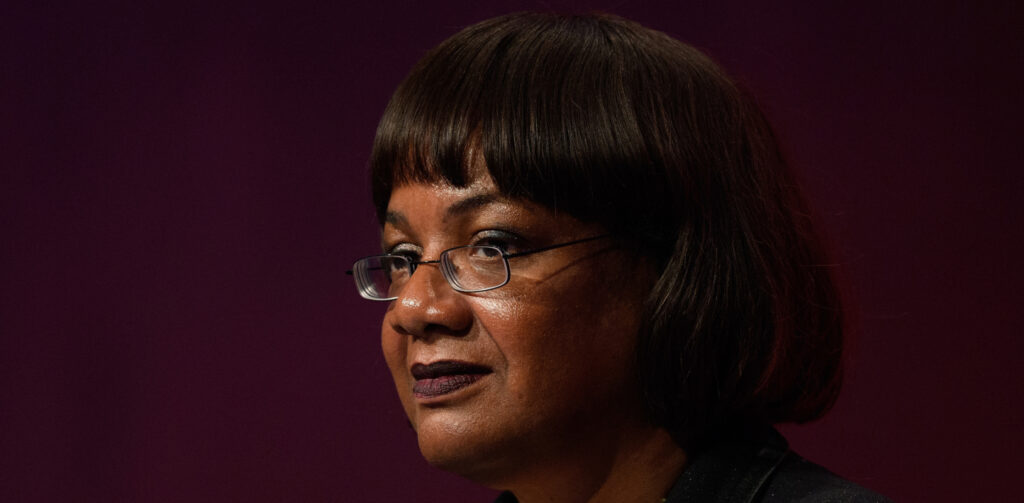A Look into the UK political landscape leading up to the general election.
On the 22nd of May, British Prime Minister Rishi Sunak set a date for the General election. Surprisingly, Sunak announced the election would be on July 4th, 2024. In the UK, elections must happen at least once every five years. However, the PM is free to determine the actual date, which gives him a strategic advantage in the battle for number 10. Political commentators had expected Sunak to wait as long as possible before calling an election. This would give him a chance to fulfil all his five promises and pray for a change in opinion polls. Top of those promises was halving inflation, and to his credit, this has been achieved. So, Bolstered by another drop in inflation figures, Mr Sunak decided to go for it.

However, the optics were pitiful. During an ill-timed speech outside No.10, Rishi Sunak announced the astonishing news in the pouring rain. His words were drowned out by a protestor who repeatedly blasted the song ‘Things Can Only Get Better’. Ironically, The D: Ream song was used by Labour in the 1997 election campaign, which saw Tony Blair win a landslide victory. The phrase ‘things can only get wetter’ was bandied around by political commentators.
Twenty days prior, elections for local government councillors took place. Across England, the number of seats held by Labour Party councillors rose to over 1,000. In contrast, the number of Conservative councillors shrank to 512, behind the Liberal Democrats’ 522 councillors. Labour candidates won 9 of the ten metro mayoral elections. Although less glamorous, local elections are extremely important. Decisions made by local councillors directly impact council tax, education, and social care. These results also serve as a political barometer ahead of July 4th.

Keir Starmer is currently the leader of the opposition; all signs point to him becoming the next Prime Minister. As of 31stMay 2024, a Politico Poll indicated that 45% of participants intend to vote Labour in the next election compared to 23% who plan to vote Conservative. A Focaldata Poll showed that 63% of participants believe it’s time for a change in government. On the other hand, Labour’s success can be characterised as people voting against the Tories rather than for them. A You Gov poll (as of 20th May 2024) revealed that 46% of participants believe Starmer is doing badly as Labour leader, 36% think he is doing well, and 18% simply don’t know.
Starmer’s premiership marks Labour’s shift towards the ideological right as he actively disassociates the party from the Corbyn years. Tony Blair used a similar strategy in 1997, branding the party as ‘New Labour’. Traditionally, Labour is viewed as the party of the working class. Right-wing critics often argue that Labour will plunge the government into debt and drastically increase taxes to fund generous social welfare programs. The former Labour leader Jeremy Corbyn did not hide his desire to ‘build a progressive tax system so that wealth and the highest earners are fairly taxed’. Yet in January 2024, Shadow Chancellor Rachel Reeves stated that Labour would not reinstate the cap on bankers’ bonuses. Reeves’ comments signalled Labour’s new ‘pro-business’ stance.

Keir Starmer has been accused of a left-wing purge of the party. Jeremy Corbyn is no longer a member of Labour. He was suspended following an investigation into antisemitism during his time as leader. In the upcoming General election, he will run as an independent candidate. Left-wing Labour MP Diane Abbott also faced questions over whether she could stand as a Labour candidate. Abbott, the first ever black female MP, was suspended from Labour. Earlier in the year, she wrote a letter to the Observer where she suggested Jewish, Irish and Traveller people experience prejudice but not racism. She has since apologised for her remarks. After a prolonged investigation and Starmer’s refusal to confirm whether she could run, Abbott was allowed to return to the party.

In May, controversial Conservative MP Natalie Elphicke defected to Labour, prompting criticism over the kind of MP Starmer welcomes into the party. Although Natalie Elphicke describes herself as a ‘centrist,’ she previously criticised Labour for being soft on immigration. In 2020, she condemned footballer Marcus Rashford for ‘playing politics’ following England’s loss in the Euros. Rashford actively campaigned for the government to fund children’s free school meals during school holidays. She has since apologised for the comments made against Marcus Rashford. Natalie Elphicke became a Conservative MP by taking over her ex-husband’s constituency after he was convicted of sexual assault. Coming to her ex-husband’s defence, she claimed he had been punished for being ‘attractive’ and being ‘attracted to women’. A Labour source told The Independent: “Welcoming with open arms someone who has publicly questioned the experiences of victims of sexual assault completely undermines Labour’s commitment to ending violence against women and girls. Victims nationwide will look at this and see a party that simply doesn’t take accusations seriously.”
Labour’s response to the events in Gaza has disillusioned some Muslim voters. The party initially opposed a ceasefire in favour of a humanitarian pause in the conflict, but after mounting pressure, their position changed. In 2019, the 20 constituencies with a significant Muslim population all elected Labour MPs, but July 4th will reveal the extent of this disillusionment. Keir Starmer is in danger of alienating his party’s left wing by trying to appeal to the broader electorate. Although he has enough political capital to conquer No.10, this won’t always be the case. The approval rating of leaders tends to drop once they are in office, and unfortunately, Starmer lacks Blair’s charisma. If he isn’t careful, Sir Keir Starmer may find himself outflanked in Downing Street without the backing of his party’s core supporters.
Love your articles despite living over seas